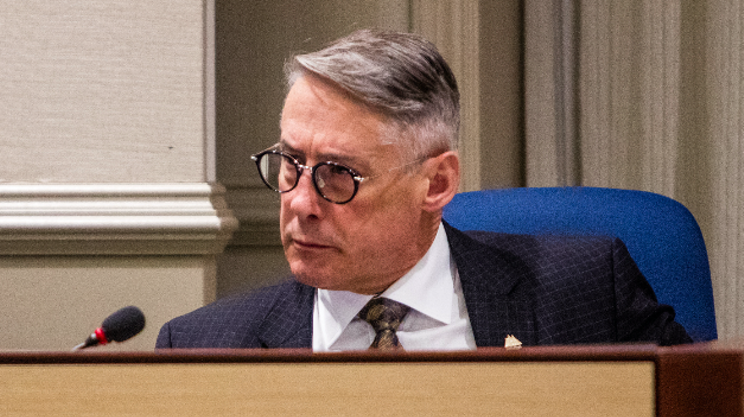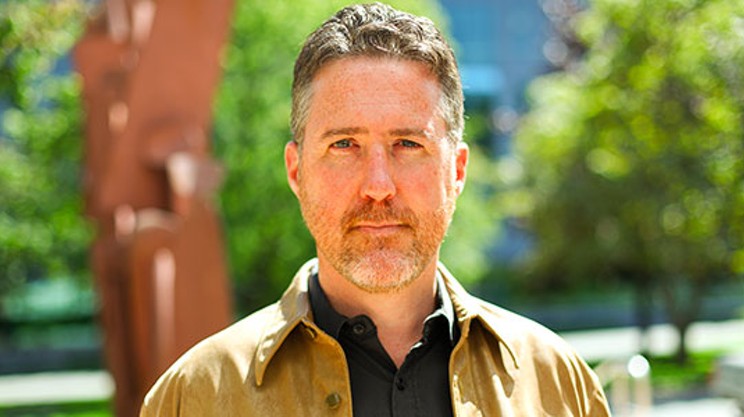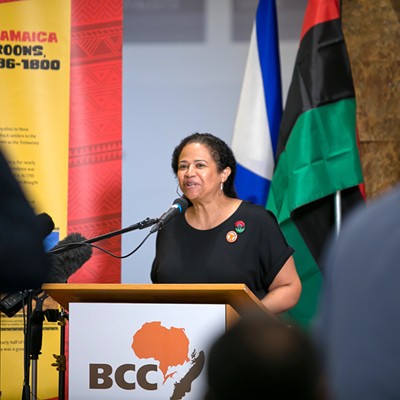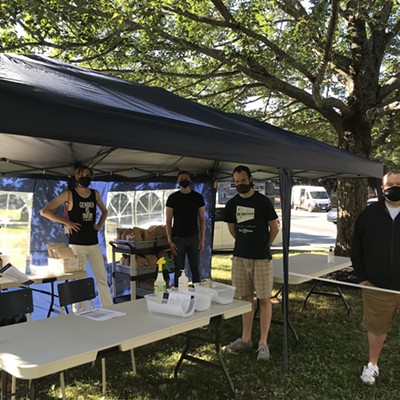If you filed a complaint with the Nova Scotia Human Rights Commission, you'd expect the investigator would take the time to interview you.
It even says so on the Commission's website. “A human rights officer will interview everyone involved.”
Tarrah McPherson is alleging that didn’t happen in her 2016 complaint against her former instructor, Michael Kydd, and Mount Saint Vincent University.
In an affidavit filed this week
McPherson has alleged sexual harassment on the part of Kydd, an instructor at Mount Saint Vincent who publicly admitted to having a sexual relationship with McPherson, who was at the time his student. The nature of that relationship is disputed by the two parties. Kydd was later fired for breaching the university's code of conduct for “non-disclosure of a relationship with a student, which resulted in academic bias.” McPherson also claims she was discriminated against by MSVU because of her gender and disability.
McPherson claims she provided some details when meeting with an officer to first file her complaint, but not all. The Commission discourages providing too many details, especially in a complaint form.
“A complaint form needs to include just the basic, important information. Too much information means important facts may get lost in the details. This could make finding a solution more difficult. There will be opportunities to provide more information and evidence.”
Based on this, McPherson and her lawyer waited for this opportunity, but McPherson claims they didn't get it.
When contacted, McPherson declined to comment and referred questions to her lawyer, Vince Calderhead.
On April 19, 2017, the commissioners of the Nova Scotia Human Rights Commission dismissed her complaint.
In a letter to McPherson, Kydd and the
It goes on to say that “decisions by the commissioners of the Nova Scotia Human Rights Commission are final.”
But the Commission’s work is subject to a judicial review, says Dalhousie professor Wayne MacKay.
“That’s one of the roles that courts have, to review to make sure the process is fair,” says MacKay, who’s the Yogis & Keddy Chair in human rights law at the Schulich School of Law and was director of the NS Human Rights Commission from 1995 to ‘98.
“They’re reluctant to second-guess the Commission on the substance of its decision, but the jurisdiction and process questions are what the court is charged with reviewing.”
A judge can uphold the decision, send it back and ask for the investigation to be completed or quash the dismissal and order a new investigation by a different officer.
The latter example occurred in a 2014 case involving a female firefighter in Halifax. Justice Arthur LeBlanc ruled that because a couple of key witnesses had not been interviewed, the investigation “suffered from the limitations inherent to written submissions.”
A thorough investigation requires more than just accepting the contents of written submissions, the decision says.
“A reasonable investigator would have
LeBlanc ruled the lack of interviews amounted to a “breach of procedural fairness.”
One way to determine if the process was fair, MacKay says, is if every party was given the same chance to respond. If some were interviewed, but not others, that's hardly fair.
Also, if it's the norm to interview complainants then it “shifts the burden a bit to the investigator and the Commission to explain why they didn’t do that in this case.”
It's unclear if Kydd or staff at Mount Saint Vincent University were interviewed by the HRC.
Kydd's lawyer, Donna Wilson, responded by e-mail saying that “Neither of us has seen the paperwork on [McPherson’s filing] yet, so we really cannot comment.”
Mount Saint Vincent University spokesperson Gillian Batten didn't clarify if Mount staff were interviewed.
“I can advise that the Mount has complied completely with the Human Rights Commission’s process,” she writes in an email.

















